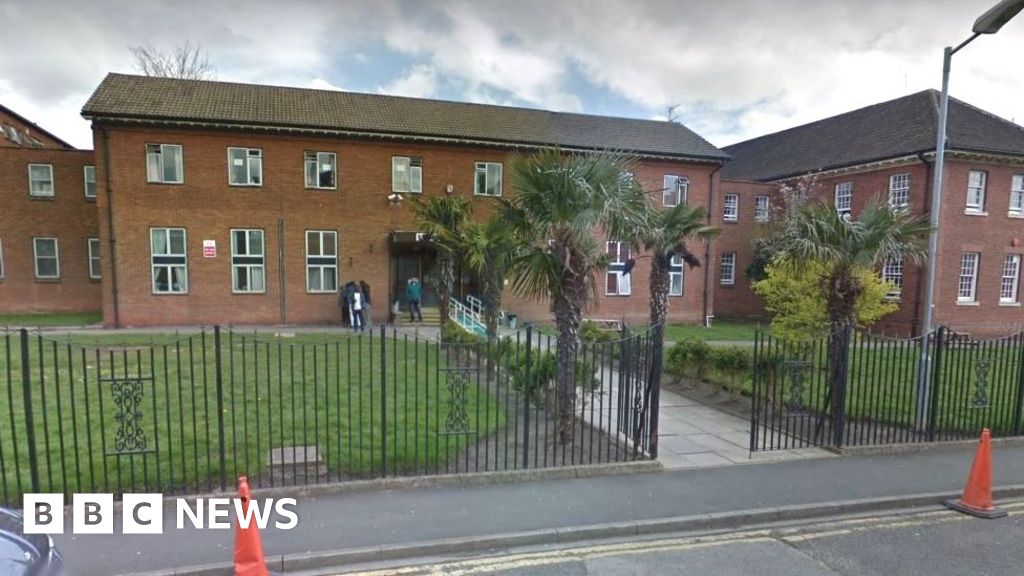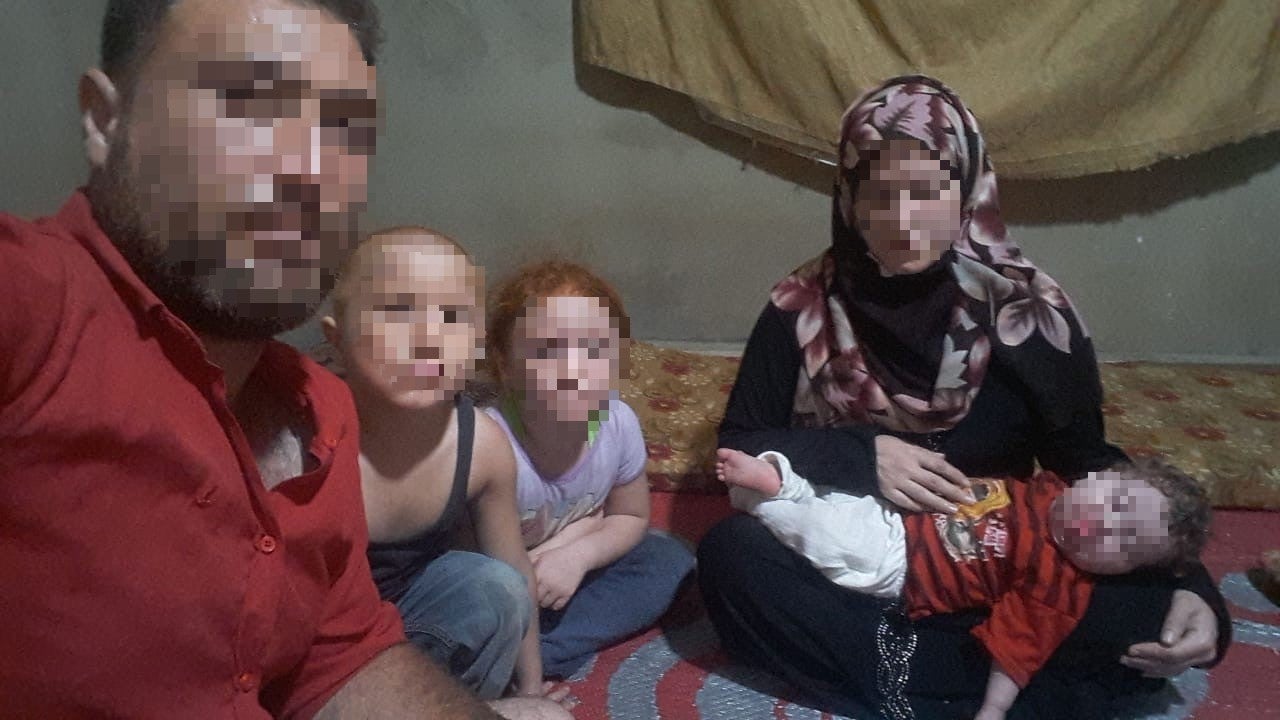Although the COVID-19 virus has been shrouded in plenty of mystery – one thing that has been clear is its tendency to exacerbate social inequalities. Vulnerable groups have been disproportionately affected by the pandemic, with low-income areas and BAME groups showing up far more predominantly in the statistics. The same is true for Britain’s refugee and asylum seeker population – whose unique circumstances and needs place them at much higher risk of contracting, and suffering badly from, the virus.
80% of refugees live in countries where access to sanitation is limited. When healthcare resources this year have been stretched in even the most developed countries, for refugees living in camps with no sanitation or opportunity for social distancing, access to adequate healthcare is often unfeasible. In September, a camp in Lesbos made headline news, after two nights of fires in the overcrowded Moria camp left thousands of its residents homeless. The blaze was deliberately started by residents of the camp, in protest at the inappropriate conditions they were living in.
No refugees have been resettled in the UK under government schemes since 12 March, at the very start of the crisis.
Whilst the UK doesn’t have the same blatantly squalid living conditions as some camps in other parts of the world, our refugees have far from evaded the clutches of the pandemic.
No refugees have been resettled in the UK under government schemes since 12 March, at the very start of the crisis. When resettlement was paused in March, more than 600 refugees who had been planning to arrive on British shores were forced instead to remain in their host countries, where the pandemic was exacerbating already poor living conditions. A lack of safe and legal crossing routes open to the UK has been linked to the high numbers of people attempting to make dangerous crossings here by boat in recent months and lead to the government facing criticism for prioritising holiday travel and deportation flights over incoming refugees.
However, for those that did make it across in time, the problems do not end there. In July of this year, an outbreak of COVID-19 in a halfway house for asylum seekers lead to more than 20 people (although local campaigners allege that the number was closer to 35) contracting the virus at Urban House in Wakefield. Local activists from the South Yorkshire Migration and Asylum Action Group (SYMAAG) declared that the centre was not fit for purpose during the pandemic – claiming social distancing, PPE provision and general hygiene measures were almost non-existent in the government-sanctioned accommodation.

More than 80 residents had been living in close proximity in the house for upwards of four months – despite the fact that asylum seekers are only meant to be posted there for a few weeks.
Urban House is run by Mears, who are privately contracted by the government to administer services like this for refugees and asylum seekers across the UK. After being granted a number of contracts in September of last year, a National Audit Office report revealed that the firm received £3.1million in fines within a few months for various failures.
The firm also came under fire for an incident in Glasgow – when hundreds of asylum seekers were transferred to city hotels earlier this year without any prior risk assessment or planning. This lead to vulnerable trafficking victims, pregnant women and children crammed in hotels with little opportunities for social distancing – without any thought for their complex and multi-faceted needs.
Social distancing isn’t the only difficulty the pandemic poses for these groups. Whilst technology has been vital this year in helping us maintain some semblance of normality, for those that don’t have access to it, it has only pushed them further to the fringes. Without phones, laptops or internet access, isolated individuals lack the means to contact services that they may desperately need.
Asylum seekers are in the niche predicament of having no government actor directly responsible for protecting their interests.
The government has attempted to tackle the issue of digital exclusion – providing disadvantaged teenagers with laptops and launching the Devicesdotnow campaign, asking businesses to donate devices, sims and mobiles to be redistributed to those who lack them. Whilst this has eased the problem of the digital divide for some, it fails to account for those who are completely excluded from the digital world. Evidence has shown that refugees are 50% less likely than the general population to have an internet-connected mobile phone.
Leeds University’s Student Action for Refugees (STAR) Society are continuing to offer support to refugees this term, however providing their usual services has been made much harder by the digital constraints of the pandemic.

The STAR committee explained how their twice weekly ‘conversation classes’, usually held in person, have had to be moved to Zoom. They said, “Going from a walk-in service to an online one has presented accessibility issues with many learners living without WiFi relying on data to join classes or not joining them at all”. The society are fundraising to buy data packs for refugees ‘so it’s not a choice between calling one’s family or joining our classes’.
Services like these offer newcomers to the UK a vital opportunity to improve their language skills and socialise with people outside of their immediate circle. However, current circumstances are obviously limiting their reach.
“Classes are shorter and less intimate”, they tell me. “Helping learners with their English is much harder because it’s difficult to pick up on mistakes over Zoom”. The committee worry that the ‘less approachable’ online classes mean ‘the people that really need the practice aren’t coming’.
Despite the limitations to the service, the support that STAR, and other voluntary organisations like them, are continuing to offer the UK’s refugees and asylum seekers at this time, continues to be a lifeline for many.
Asylum seekers are in the niche predicament of having no government actor directly responsible for protecting their interests. This is compounded by the fact that they are often highly vulnerable individuals, who have escaped traumatic pasts and autocratic regimes. Perhaps one of the silver linings of the current situation, is the opportunity it presents for us to turn our attention a bit more to those stranded at the very fringes of society.
Header image: the independent. Showing Basil and his family, from Syria, who were told in May 2019 that they had been selected for resettlement in Britain in March 2020, before their application was halted due to the pandemic.

